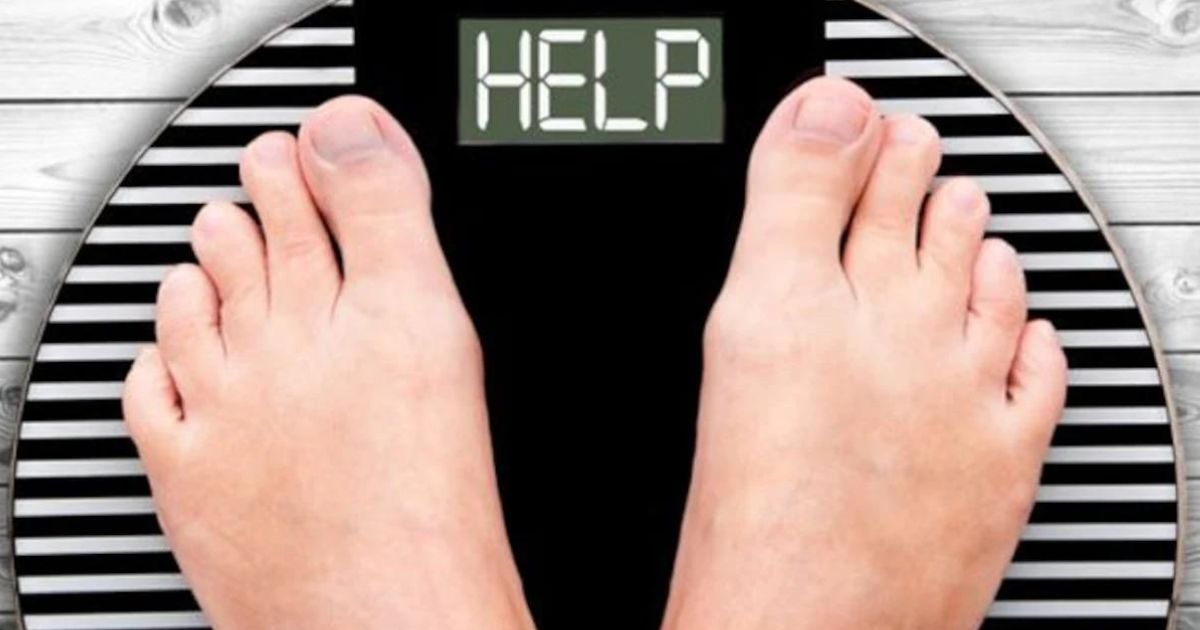A recent study has shed light on the concerning correlation between obesity and poor mental health, highlighting its profound impact, especially among women. Researchers at the School of Public Health at University College Cork, Ireland, conducted an extensive analysis to uncover the relationship between obesity and mental well-being, revealing significant implications for both physical and psychological health.
Obesity, characterized by excessive fat accumulation in the body, has long been recognized as a major public health concern worldwide. Beyond its physical ramifications, obesity is now implicated in a range of mental health issues, including depression and diminished overall well-being.
The findings of this study, published in the journal PLOS ONE, underscore the critical need to address the holistic well-being of individuals grappling with obesity.
The study, encompassing data from 1,821 men and women aged 46 to 73 years, scrutinized the impact of obesity on mental health parameters. Researchers meticulously analyzed participants’ medical records, focusing on key indicators such as body mass index (BMI) and waist/height ratios.
Notably, the study sought to disentangle the influence of lifestyle factors, ensuring a comprehensive understanding of the obesity-mental health nexus.
Contrary to prevailing assumptions, lifestyle factors appeared to have minimal influence on mental health outcomes among obese individuals, as per the study’s findings. Instead, BMI and waist/height ratios emerged as significant predictors of depression and overall well-being, irrespective of lifestyle considerations.
These results underscore the multifaceted nature of obesity-related mental health challenges, necessitating targeted interventions beyond lifestyle modifications.
Prior to commencing the study, participants underwent a series of assessments, including blood samples for fasting glucose and glycated hemoglobin, measurements of height, weight, and waist circumference, and completion of a comprehensive health and lifestyle questionnaire.
This meticulous approach ensured a robust assessment of participants’ demographic profiles, disease conditions, and lifestyle behaviors, providing crucial insights into the complex interplay between obesity and mental health.
Poor Mental Health In Women
The study’s findings revealed a stark gender disparity in the association between obesity and mental health, with women exhibiting a significantly higher risk of depression compared to men. These results align with previous research highlighting the heightened vulnerability of women to the adverse mental health effects of obesity.
Moreover, researchers emphasized the pervasive social stigma associated with obesity, which can exacerbate psychological distress and contribute to a vicious cycle of negative health outcomes.
Eva Panigrahi, PhD, a psychologist at The Ohio State University Wexner Medical Center, highlighted the intricate biological and psychosocial mechanisms underlying the obesity-depression link. Drawing attention to the complex interplay between physiological, neurological, and environmental factors, Dr. Panigrahi underscored the need for a holistic approach to addressing obesity-related mental health challenges.
The study’s findings hold significant implications for public health policies and interventions aimed at mitigating the adverse effects of obesity on mental well-being. By recognizing the intricate interplay between obesity, depression, and social stigma, policymakers and healthcare providers can develop targeted strategies to support individuals grappling with obesity and promote holistic mental health.
As the global burden of obesity continues to escalate, concerted efforts are needed to address its multifaceted impact on mental health, particularly among vulnerable populations such as women.
By prioritizing comprehensive interventions that encompass both physical and psychological well-being, stakeholders can strive towards a future where individuals are empowered to lead healthier and more fulfilling lives, free from the shackles of obesity-related mental health challenges.








Leave a Reply
You must be logged in to post a comment.